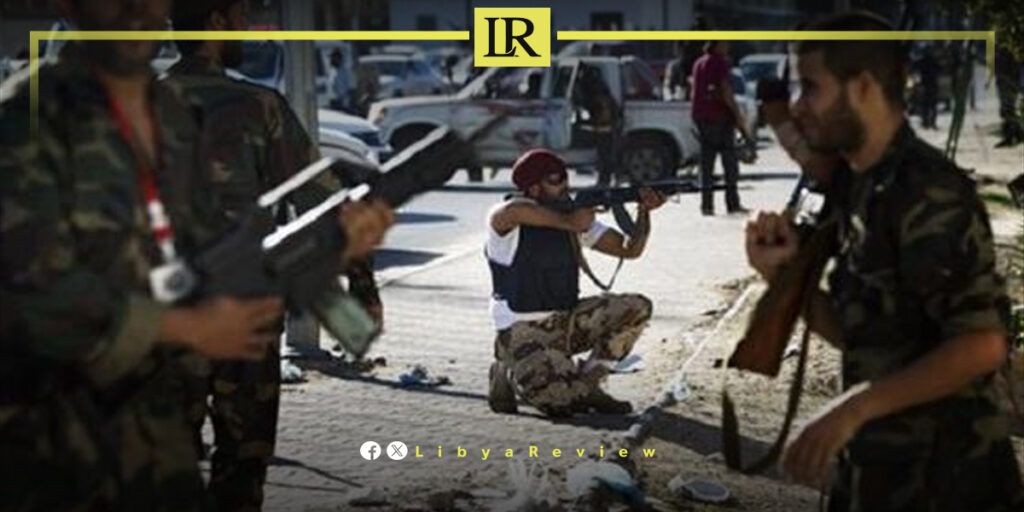Countries across the globe are racing to evacuate their citizens from Tripoli following the eruption of deadly armed clashes between rival Libyan factions. The violence, which broke out in key neighbourhoods of the capital, has triggered international concern and urgent diplomatic responses, including evacuation plans and safety warnings for foreign nationals.
Italy has taken swift action to evacuate 120 of its citizens and around 20 Spanish nationals who were stranded in a Tripoli hotel after participating in the Libya Construction Expo. The Italian government is organising a special flight from Misrata, as Tripoli’s main airport remains closed due to the fighting. Foreign Minister Antonio Tajani confirmed that the safety of Italian nationals is a top priority and that those willing to return will be evacuated by the end of the day.
Turkey is also considering evacuation plans for its citizens. The Turkish embassy announced it is working to arrange a Turkish Airlines flight from Misrata to Istanbul and may provide buses from Tripoli to Misrata, prioritising children, women, and the elderly. Turkish nationals have also been advised to monitor flight schedules operated by Libyan airlines.
Egypt, meanwhile, is carriyng out a targeted evacuation. Egyptian Minister of Youth and Sports Ashraf Sobhi contacted several Egyptian footballers and coaching staff based in Libya to ensure their safety. A group including coach Hossam El-Badry and players like Mahmoud Kahraba are either en route to Cairo or preparing to leave via Misrata.
Other countries, including France, Germany, the United Kingdom, and the United States, have issued joint statements expressing deep concern over the violence. They called on Libyan authorities to protect civilians and welcomed reports of a ceasefire. The European Union has urged full accountability for crimes committed and stressed the importance of dialogue and de-escalation.
As clashes continue to threaten stability in Tripoli, the international community is on high alert, taking coordinated steps to safeguard their nationals and support diplomatic mediation efforts.


